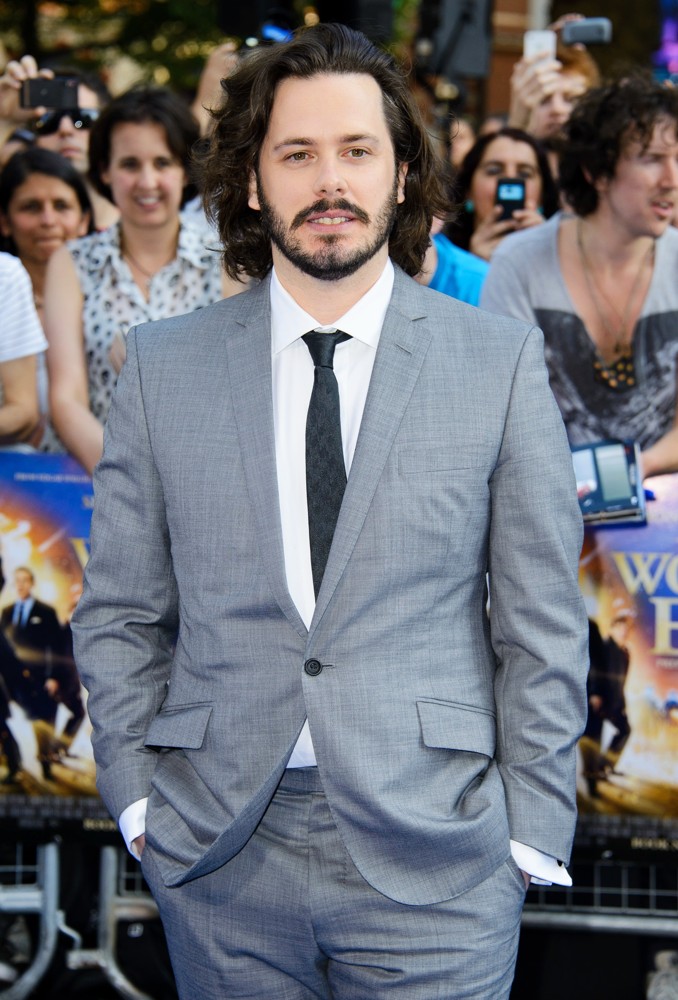In today’s app-happy globe, locating love is really as as simple the swipe of a little finger. For a generation lifted before Light-emitting Diode displays, it’s merely sensible that technology now takes on these an enormous part into the mature fancy physical lives of millennials (and lots of non-millennials at the same time). Conditioned to mingle on the web as young adults, these 18 to 34 season olds are increasingly being using same method to finding couples.
In 2013, the latest York hours decried the alleged “end of courtship” due to social networking, blaming more youthful People in the us for a distinct decrease in everyone “picking within the telephone and asking people on a night out together,” an act that in earlier times “required guts, strategic thinking, and a large expense of pride.” While online dating apps is altering ways prospective fans communicate, the occasions’s piece neglected a big area that features in several ways benefited from the increase of electronic dating—the LGBT area.
Unlike her directly competitors, LGBT millennials don’t always have equivalent opportunities for standard courtship behaviors the days is indeed intent on eulogizing. Indeed, for LGBT singles in old-fashioned households or communities, internet dating may be the best secure option to satisfy prospective suitors.
While gay liberties, specifically same-sex relationships protections, have made remarkable advancement previously few years, political headway isn’t constantly the same as cultural threshold. A 2014 poll commissioned by GLAAD learned that around a third of direct participants thought “uncomfortable” around same-sex couples exhibiting PDA. A similar study conducted in 2014 by scientists at Indiana college learned that while two-thirds of right participants recognized legal rights for lesbian and gay lovers, merely 55per cent approved of a gay partners kissing on the cheek. Not surprising that LGBT People in the us has flocked to online dating apps, from gay hook-up king Grindr to Scruff to Jack’d, or WingMa’am and HER for LGBT people.
It can be frustrating, especially for America’s most liberal demographic, to reconcile this type of data the help of its private community views. However these rates signify existence for many LGBT not-living in understanding hot spots like New York City or san francisco bay area. Indeed, same-sex lovers remain put through verbal, and sometimes, also real attacks. Per a 2014 document from FBI, 20.8per cent of detest criminal activities comprise determined by intimate positioning, next merely to race.
As a man whom dates men, these kind of stats are more than just numbers—they represent my personal fact. The very first time I was kissed by a person publicly, the hairs on back of my throat endured at a stretch. But I found myselfn’t capable enjoy the time making use of people we cherished. Maybe it was because of my years of working as an advocate within the LGBT community, or maybe it was because I once go backed to my car to find “faggot” written across it. Long lasting cause, I remember exactly how nervous I became in that second, worried about what might take place or no onlookers weren’t accepting of your union.
These types of stresses tend to be amplified in countries in which homosexuality continues to be unlawful. Recently, creators of homosexual relationships app Scruff created an alert for your 100 some countries where it is hazardous are freely LGBT. On these areas, LGBT visitors and longtime inhabitants end utilizing the application to locate times or intimate encounters. (as well as this really isn’t an entirely secure solution.)
But this digital ghettoization additionally happens at a cost.
Though some online dating software have developed anything of an adverse reputation for their particular increased exposure of no chain attached sexual activities, it is not exactly therefore monochrome. Remember, they’re people who possess few other ways of discovering associates. Forced using the internet, actually those who work in prefer of lasting commitment may change her thoughts after more conventional paths being inaccessible or uncomfortable.
Folks warrants the right to like freely—and openly.
Next there’s the greater universal grievance that online dating sites causes a change towards commodification and objectification, actually within already marginalized communities. As Patrick Strud noted into the protector: “We be items, blinking from the counter—‘Buy me personally, sample me personally.’ We vie at the mercy of the market. Amorality policies, vacuity wins, and winning is all.”
Regrettably, until queer admiration was stabilized, some LGBT millennials may stays condemned to some sort of virtual dresser,  caught within the protective but separating ripple in the online really love skills.
caught within the protective but separating ripple in the online really love skills.

